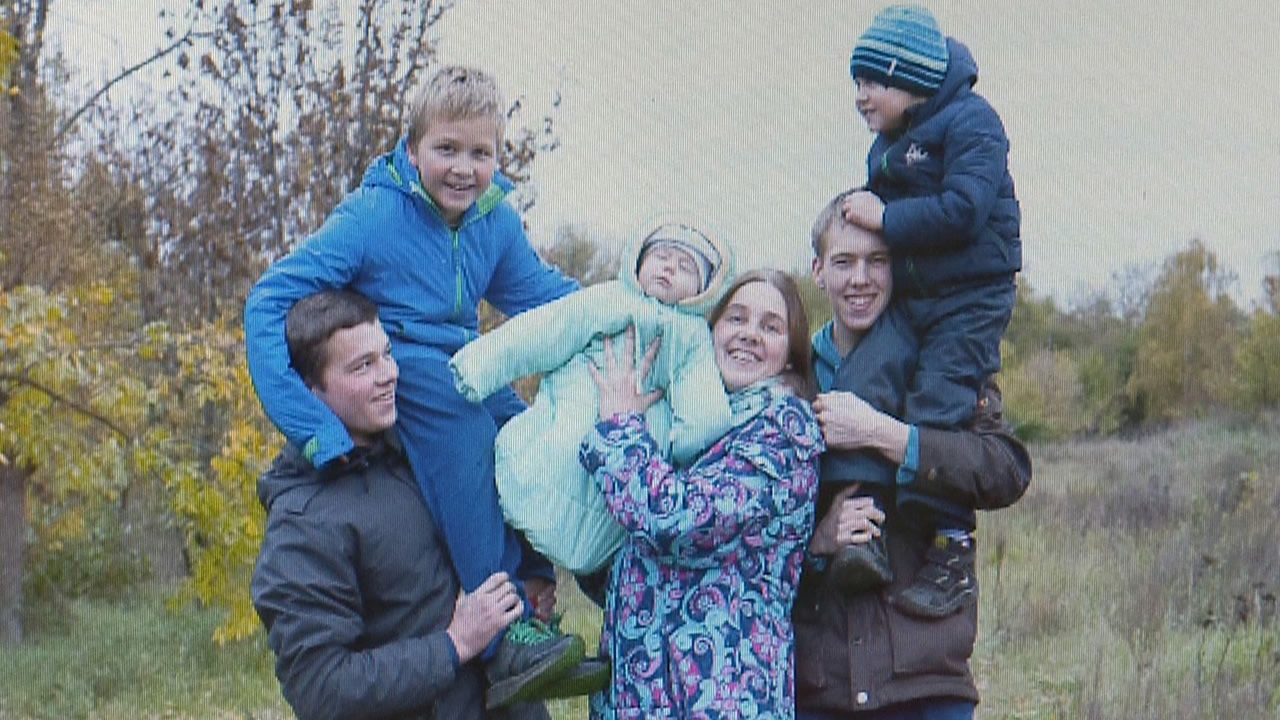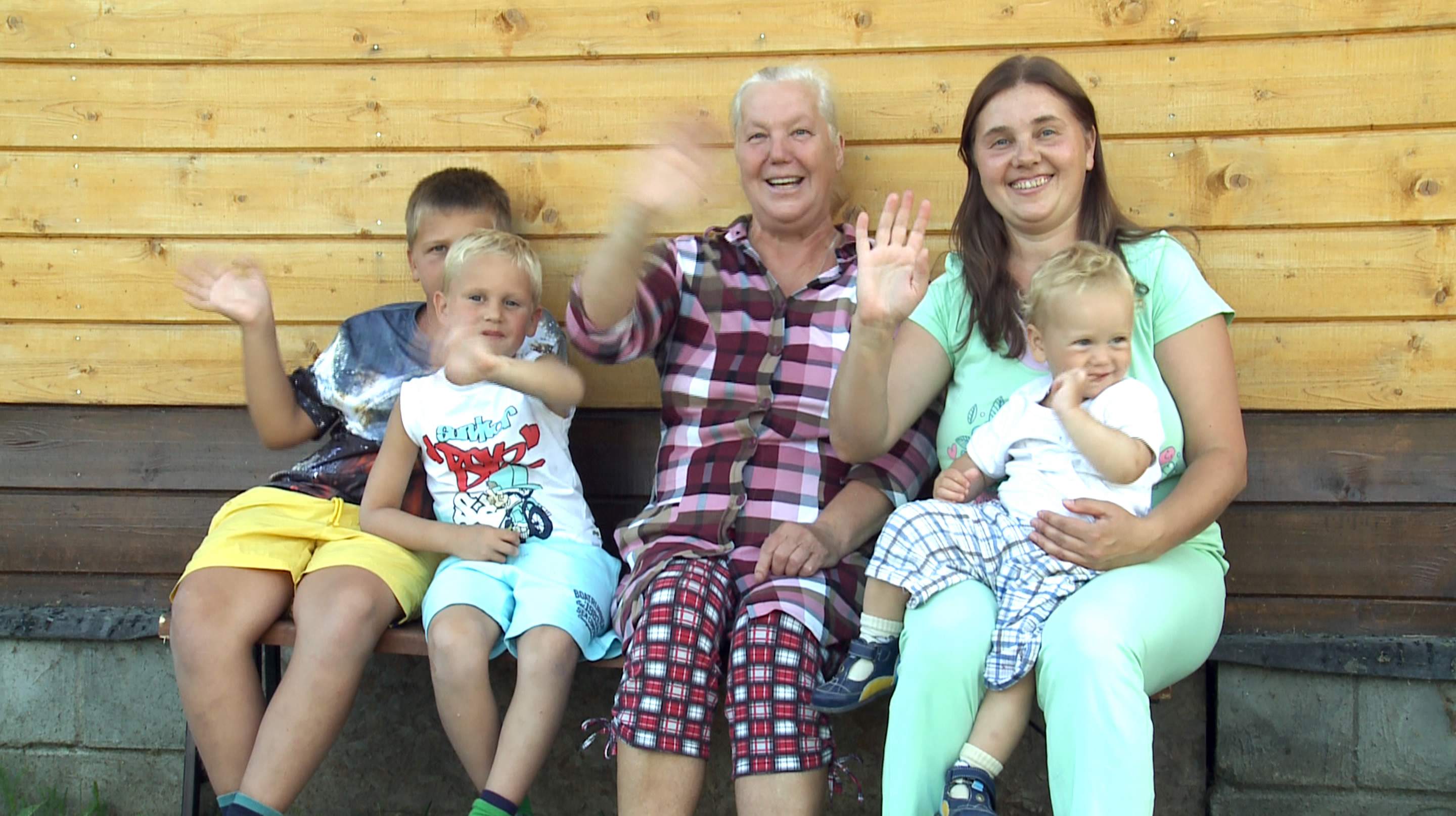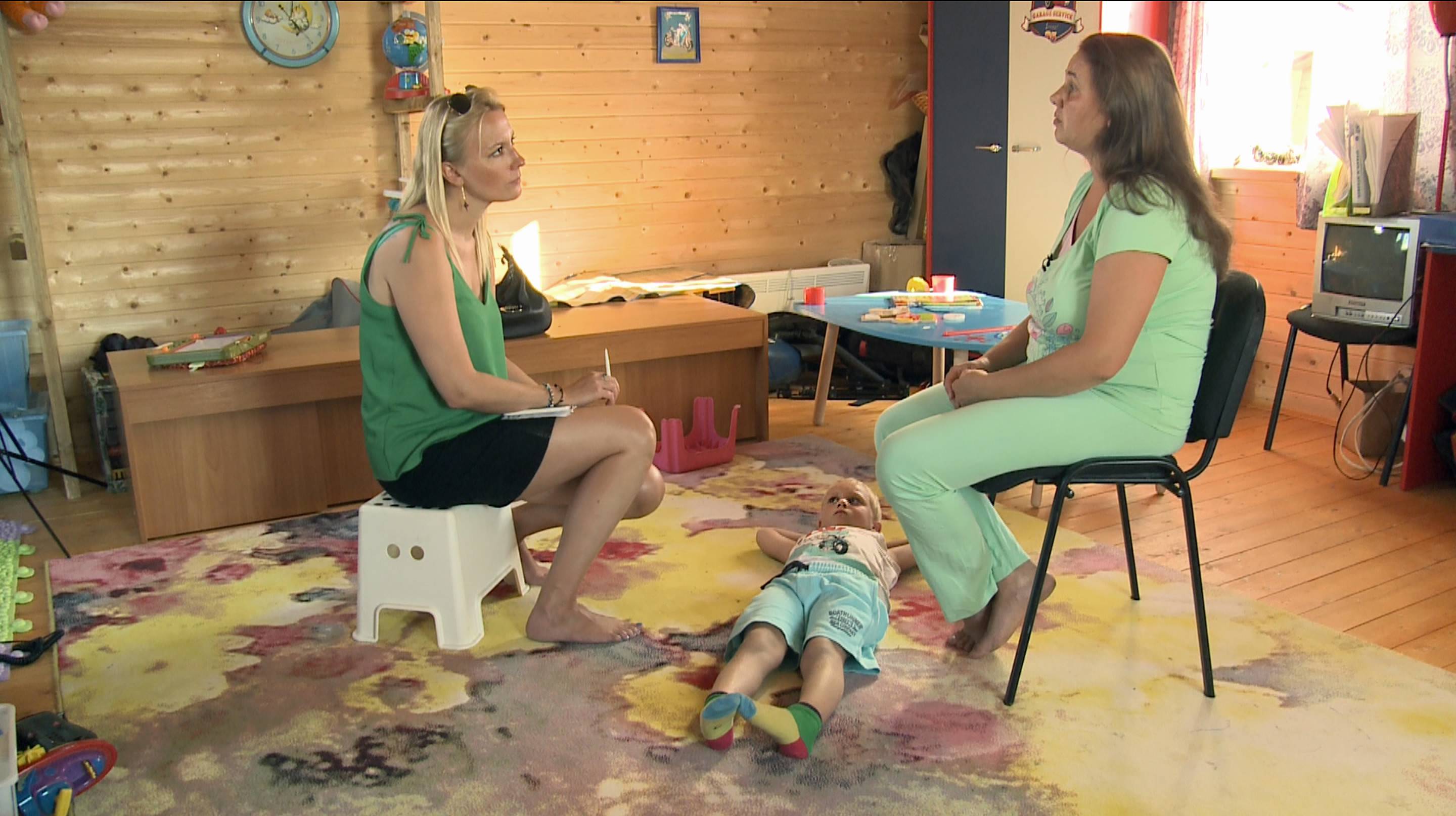
World
15:42, 10-Oct-2017
The Big Picture: Preventing negative population growth rate in Russia
By CGTN's Julia Lyubova

While some countries in East Asia may be concerned with overpopulation, Russia, the largest country in the world, had seen a negative trend in its population in the past few decades.
During the 1990s, Russia’s population fell by 4 percent as a result of the economic crisis triggered by the collapse of the former Soviet Union. The population shrank by up to 700,000 people a year.
Since then demography has been a big issue for the Russian government. Several programs to boost the birth rate were introduced, including giving money to families on the birth of their second child and providing housing and land benefits to families of three children or more.

Natalya Bulycheva and her three young boys, along with their grandmother. / CGTN Picture
Natalya Bulycheva and her three young boys, along with their grandmother. / CGTN Picture
In 2012, for the first time since the fall of the Soviet Union, the number of births narrowly overtook the number of deaths in Russia.
But since 2016, the birth rate has been in decline again. According to experts, economic instability is the number one factor for Russian families when contemplating on having more children.
However, this hasn’t stopped the Bulychev family who are raising five boys aged between one and 20 in Moscow.
The Bulychevs had their third son in 2007 and as a large family they qualified for a number of benefits such as free land on which they built their summer house, subsidies for an apartment in Moscow and free parking.

Natalya Bulycheva tells CGTN's Julia Lyubova that having five children was a natural choice for her and her husband. / CGTN Picture
Natalya Bulycheva tells CGTN's Julia Lyubova that having five children was a natural choice for her and her husband. / CGTN Picture
The mother, Natalya, says that they do not struggle financially but have had to make cuts in their family budget, such as on foreign trips.
And while the Bulychev family is one in just 120,000 families in Moscow to have three or more children, Natalya says that as long as there’s love in the family, the number of children doesn’t matter.

SITEMAP
Copyright © 2018 CGTN. Beijing ICP prepared NO.16065310-3
Copyright © 2018 CGTN. Beijing ICP prepared NO.16065310-3